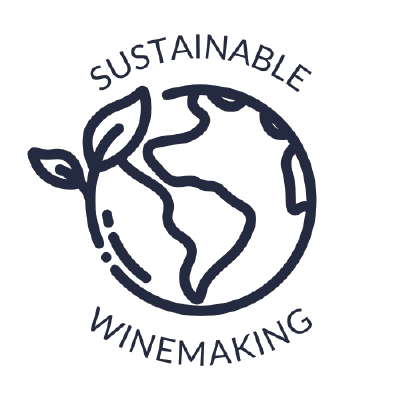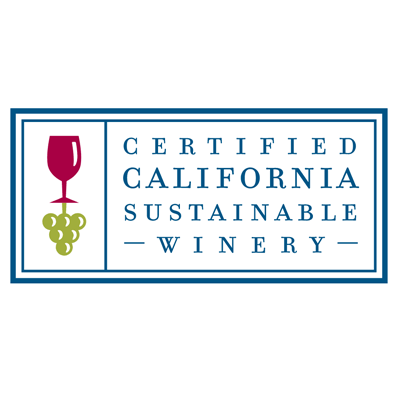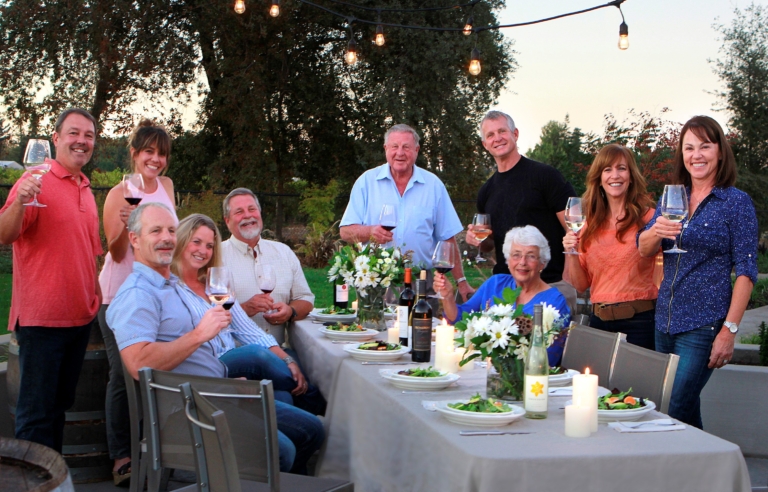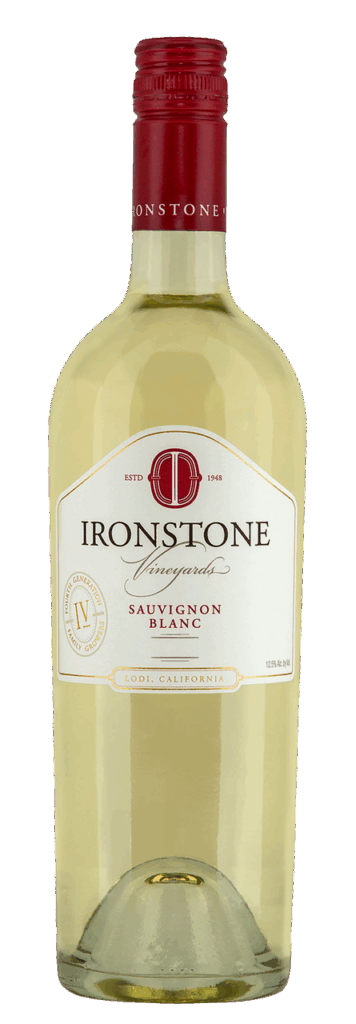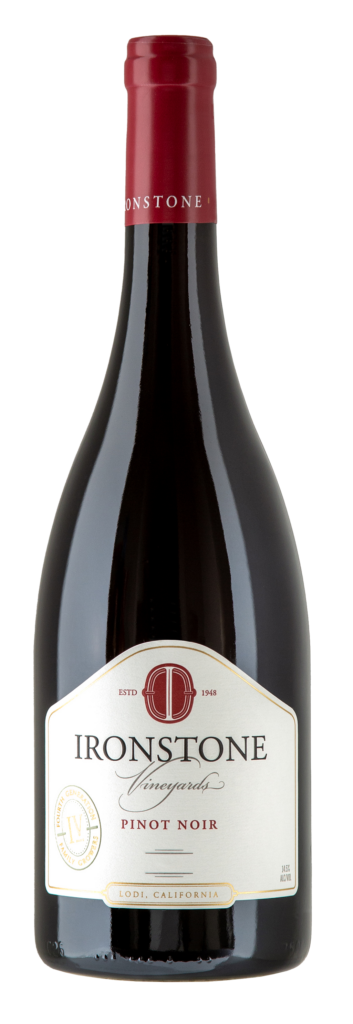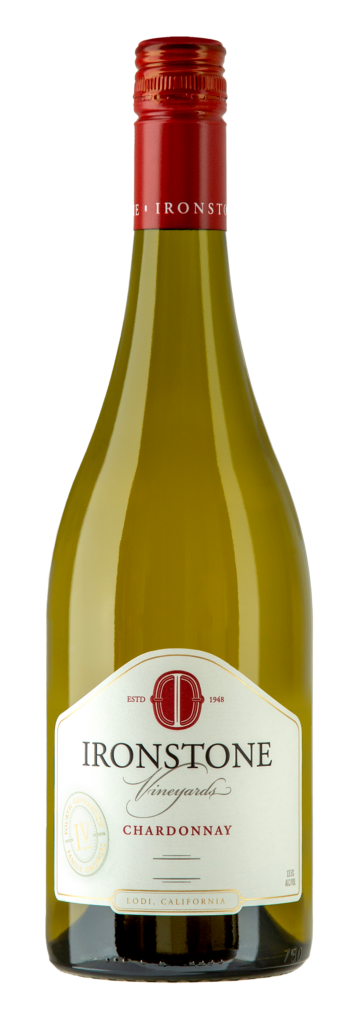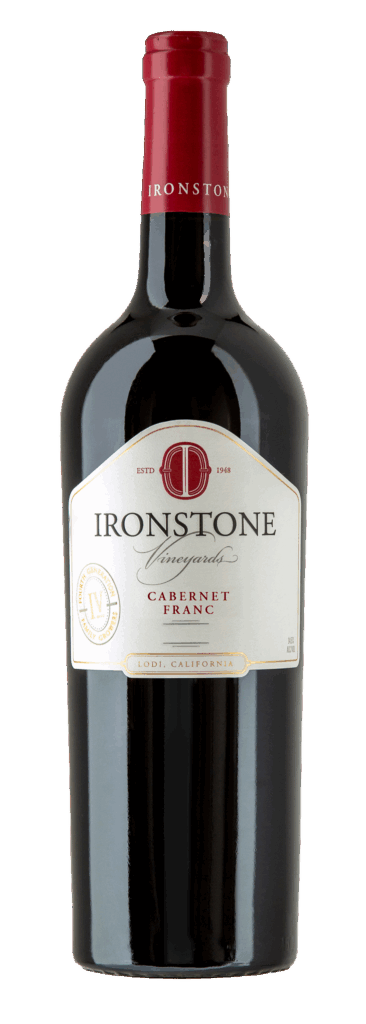Ironstone Vineyards Summary:
- Region: Sierra Foothills & Lodi, California
- Founded: Winery established in 1988; first vintage 1989
- Family: Kautz Family, farming in Lodi since 1940; grape growing since 1968
- Estate Scale: 7,000 acres across Sierra Foothills & Lodi
- Innovation: First to plant Chardonnay in the region; pioneers of integrated pest management
- Winemaking Strengths: Volcanic, mineral-rich soils; wide varietal range (Chenin Blanc → Zinfandel)
- Recognition Points: Family-owned, sustainably farmed, multi-generational leadership
- Accolades: Best of Class – 2020 Lodi Reserve Old Vine Zinfandel; Double Gold – 2020 Sierra Foothills Reserve Cabernet Franc
Brand Story:
Ironstone Vineyards is rooted in the historic Sierra Foothills, a region recognized for quality winemaking since the Gold Rush era and formally designated as an AVA in 1987. The Kautz family, who settled near the Sierra Foothills in Lodi in 1926, has played a critical role in shaping the reputation of both regions.
Frederick and Marie Kautz began farming in Lodi in 1940 after emigrating from Germany. Their son John Kautz transitioned the family into premium grape growing in 1968, quickly becoming one of the region’s most respected winegrowers. In 1988, John and his wife Gail, along with their children Stephen, Kurt, Joan, and Jack, built Ironstone Vineyards, a state-of-the-art winery and entertainment venue in Murphys, a historic Gold Rush town. Their first vintage debuted in 1989. In 1997, the family expanded further by acquiring Bear Creek, one of Lodi’s oldest continuously operating wineries.
Over the next three decades, the Kautz family grew their vineyard holdings to 7,000 acres across both the Sierra Foothills and Lodi. They were the first to plant Chardonnay in the region and became early leaders in sustainability. John Kautz pioneered integrated pest management in Lodi, a model many growers still follow today.
Ironstone’s vineyards in Calaveras County, known as the “Queen of the Sierras,” feature mineral-rich volcanic soils ideal for a wide range of varietals—from Chenin Blanc to Zinfandel. The estate has earned numerous accolades, including:
- Best of Class – 2020 Lodi Reserve Old Vine Zinfandel
- Double Gold – 2020 Sierra Foothills Reserve Estate Grown Cabernet Franc
(San Francisco Chronicle Wine Competition)
Today, Ironstone remains family-owned, multi-generational, and committed to sustainable viticulture, producing wines that reflect the character, history, and natural richness of the Sierra Foothills and Lodi.
